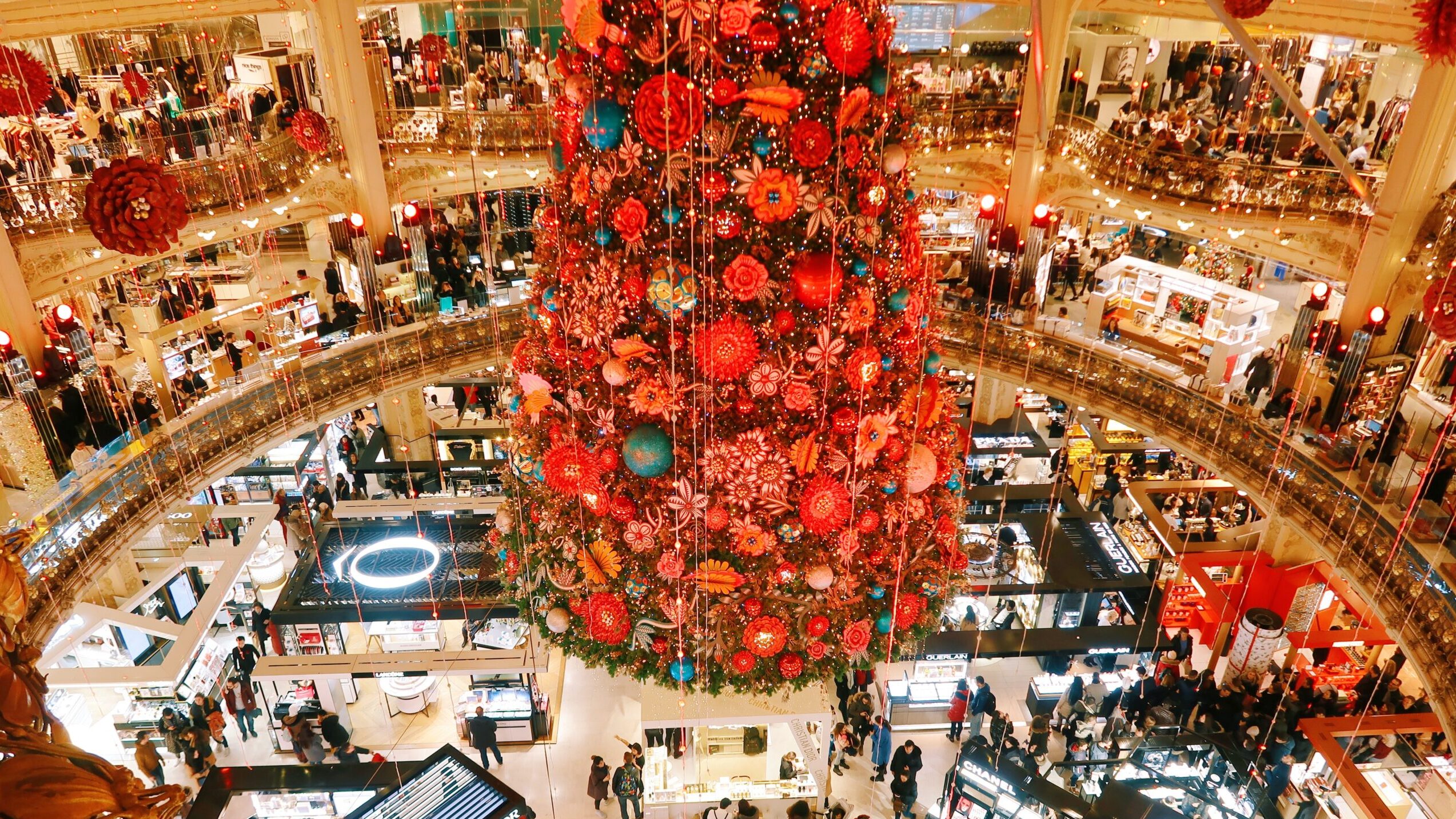The gig economy is alive and well. In fact, this modern online phenomenon has only…
Cannes Film Fest: Chercher Les Femmes
Wow! Twelve projects from women filmmakers at this year’s Cannes International Film Festival! Is the glitziest cinematic show on Earth finally bidding adieu to the ‘50s (Miss Dubois, please fetch the director his café au lait), saying a warm and welcoming enchanté to gender equality (without the wink and pat on the bottom), and giving women filmmakers their due?
How do you say “if only” in French?
The Hollywood Reporter puts it all in perspective: “12 titles among the 54 screening in the official lineup—which includes competition and out-of-competition titles, short films, special screenings and the Un Certain Regard sidebar—still means that more than three-quarters of the fest’s films this year were directed by men. For math fans, here are the percentages: female directors, 22.2 percent; male directors, 77.8 percent.”
Truth is, the festival’s history of gender equality and sensitivity is anything but illustrious. To date, only one woman has ever been awarded the coveted Palme D’Or—Jane Campion for The Piano in 1993. In 2012 the festival came under fire for having no films by female directors among the 22 chosen to compete for the Palme d’Or—an echo of the situation in both 2010 and 2005. And let’s not forget the hilariously inappropriate “Heelgate” controversy of 2015, when an unwritten policy required women to wear heels on the red carpet, banning flats altogether.
If you ask Festival Director Thierry Fremaux, it all comes down to numbers—or the lack thereof. There simply aren’t that many female filmmakers around, he contends. To his point, the most recent Celluloid Ceiling study reports that women make up just 7% of directors working on the top 250 highest-grossing domestic films.
In contrast, other major film festivals offer a bit more hope for diversity. At this year’s Sundance Film Festival, 34% of all films screened were directed by women. At the upcoming Los Angeles Film Festival this June, 42% of films across all competition categories are directed by women.
This year, only three of the 19 films in the running for the Cannes Palme D’Or are directed by women: Sofia Coppola for The Beguiled, Lynne Ramsay for You Were Never Really Here and Naomi Kawase for Radiance. While all three are familiar faces, doesn’t the festival carry an obligation to search out the industry’s on-the-verge filmmakers, those up-and-comers whose careers can explode into blazing, sparkly greatness with the slightest nod from Cannes officials?
“They could lead. They could change things. But that’s not the agenda here,” says Melissa Silverstein, in her blog, Women and Hollywood. “This festival, while very fun and exciting and a place to see great work by men and women, is always a big, urgent reminder of a business that is still in its infancy in the endeavor of integrating women into the highest levels.”
So how does the infant grow up? It’s going to take a significant change in mentality.
Keep talking about the issue
“If we don’t talk about it, we could go backwards — we don’t want to be complacent, we don’t want it to be like, some of us got here, so we’re going to give up on the rest of you,” says writer and director Noel Wells in a Buzzfeed interview.
Turn the talk into opportunity
While short film is often a career launcher for male filmmakers, for female filmmakers, it simply isn’t happening. There’s a perception barrier, and there’s a fiscal barrier. Moving forwards depends not only on the support of distributors and programmers, but also on the mentorship and sponsorship of the lucky few who have risen to the top. Sofia Coppola, et al, we’re talking about you.
Recognize the work
No matter how great a movie, it’s hard for some to remove the gender lens. Begin by examining the work based on, well, the work and not the name behind it, chipping away at a stigma that has clung to the industry like a barnacle for years.
Celebrate the wins
Small victories (like 12 women represented at Cannes) are exactly that—small. Nonetheless, they are lasting victories that challenge the status quo. Over the years we’ve seen the numbers – at the Cannes International Film Festival in particular – evolve and devolve. Perhaps it’s complacency. Perhaps it’s the “we-checked-that-box-last-year” mentality. But whatever it is, the numbers need to keep going in one direction—up.
Looking ahead, let’s hope for and work towards more women showcased, celebrated and awarded in the future—whether they’re wearing flats, sneakers, stilettos or Birkenstocks.
Does this lack of female filmmakers get under your skin like it does ours? Check out our current project, Scope, a conversation on women in production that highlights female producers of today.”




